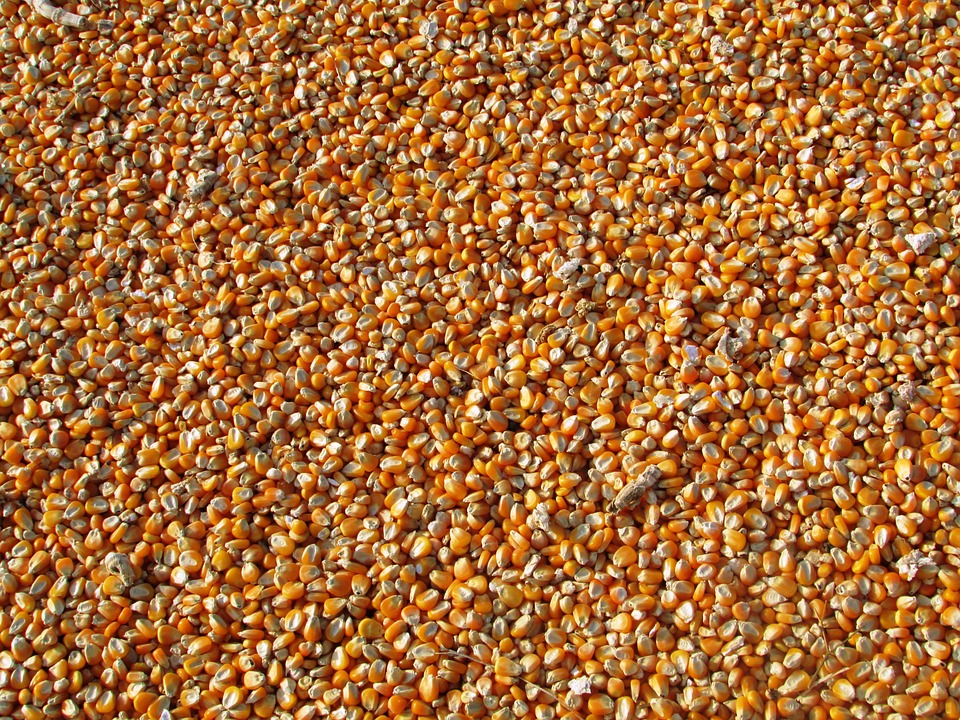A report in the Kenyan media last week revealed that a wide range of maize and wheat flour on sale in the country do not have the mandatory levels of nutrients. “Only 28 per cent of maize and wheat flour in supermarkets meet the stipulated standards of micro-nutrient quantities,” stated the study which was conducted by the Ministry of Health’s food safety unit.
The story carried in the Standard newspaper noted that according to the Ministry’s findings, consumers are being deceived by manufacturers who label their products as fortified – containing extra nutrients- yet they are not. Of the 177 maize flour samples, only five per cent showed compliance of both iron and Vitamin A while a 12 per cent showed compliance of both zinc and iron. Ninety seven per cent of the 156 wheat samples showed compliance for total iron while 65 per cent did not meet the zinc threshold requirement.
Food fortification is simply the addition of specific micro nutrients (vitamin and minerals) to specific foods. Kenya has recommended fortification of salt with iodine, maize and wheat flours with B vitamins, iron, folic acid and zinc, oils, fats and sugar with vitamin A. This is as per the World Health Organization (WHO) recommendation to fortify foods in third world countries where diseases due to lack of pertinent nutrients are high compared to industrialized nations. Lack of sufficient amount of vitamin A and iron has the greatest impact on public health according to the global health body.
A Hivos baseline study conducted in Meru, Embu and Nakuru between March and May 2018 also indicated that Kenya is a food insecure nation, with an estimated 51 per cent of the population lacking access to adequate nutrition. The study further highlighted that there is over-reliance of maize products with 79 per cent of families consuming ugali (a staple food in Kenya which is cooked by boiling maize flour with water) for evening meal while another 25 per cent feed on it for lunch.
Food fortification is included in the government of Kenya’s National Food Security and Nutrition Policy as an important strategy for addressing national food and nutrition security. Although Kenya enacted fortification of all milled flours, more than 70 percent of the population purchases flour through small and medium scale mills, notes World Food Programme. Fortification has been observed by large manufacturers, this presents a true gap in terms of access to micro-nutrients, especially to majority in rural areas and to low income earners who are most affected and rely on small millers for their flour.
This process of adding vitamins and minerals to staple foods has been observed as a cost-effective strategy to addressing micronutrient malnutrition in developing countries. However, it should not be confused to mean that since people are consuming fortified foods, they should not aim for a balanced diet or diversified foods.
Food fortification is just gaining momentum in Kenya. There is need for a lot more education to the publics on its advantages.
Hivos Sustainable Diets for All Programme was recently introduced in Kenya, an addition to already implementing countries Uganda, Zambia, Bolivia and Indonesia. The program takes evidence – especially that generated by citizens – directly to policymakers and international institutions so their policies, market practices and legislation will promote diets that are diverse, healthy, fair and based on environmentally sustainable production methods.




